Cardionerds: A Cardiology Podcast

225. ACHD: Advanced Heart Failure Therapies (MCS/HT) Among ACHD Patients with Dr. Rafael Alonso-Gonzalez
CardioNerds (Daniel Ambinder) and ACHD series co-chair Dr. Dan Clark discuss advanced heart failure therapies including mechanical circulatory support (MCS) and heart transplantation (HT) in patients with adult congenital heart disease (ACHD) with Dr. Rafael Alonso-Gonzalez, cardiologist and director of Adult Congenital Heart Disease program at the University of Toronto and ACHD fellow Dr. Andy Pistner (University of Washington). They cover epidemiology of heart failure in ACHD, outcomes after HT, unique challenges of HT in this population, impact of allocation policies on access to transplantation, and regionalization of advanced heart failure care. They also discuss a practical approach to advanced heart failure therapy evaluation in ACHD. Audio editing by CardioNerds Academy Intern, student doctor Adriana Mares.
The CardioNerds Adult Congenital Heart Disease (ACHD) series provides a comprehensive curriculum to dive deep into the labyrinthine world of congenital heart disease with the aim of empowering every CardioNerd to help improve the lives of people living with congenital heart disease. This series is multi-institutional collaborative project made possible by contributions of stellar fellow leads and expert faculty from several programs, led by series co-chairs, Dr. Josh Saef, Dr. Agnes Koczo, and Dr. Dan Clark.
The CardioNerds Adult Congenital Heart Disease Series is developed in collaboration with the Adult Congenital Heart Association, The CHiP Network, and Heart University. See more
Disclosures: None
This episode is made possible with support from Medmastery. At Medmastery you can learn some of the most important clinical skills like echo, advanced EKG, coronary angiography, PCI basics, pacemaker- and ICD troubleshooting and so much more. CardioNerds listeners can get an exclusive 15% discount on a lifetime subscription. Click HERE for details.

Pearls • Notes • References • Guest Profiles • Production Team
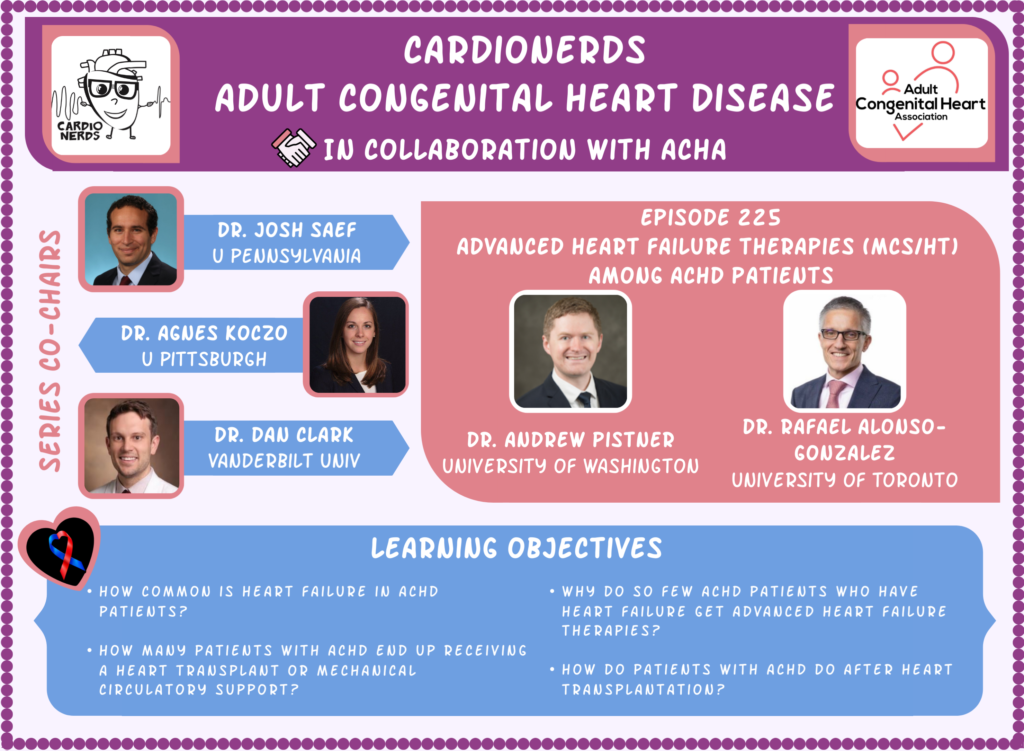
CardioNerds Adult Congenital Heart Disease Page
CardioNerds Episode Page
CardioNerds Academy
Cardionerds Healy Honor Roll
CardioNerds Journal Club
Subscribe to The Heartbeat Newsletter!
Check out CardioNerds SWAG!
Become a CardioNerds Patron!
Pearls – Advanced Heart Failure Therapies (MCS/HT) Among ACHD Patients
- Heart failure is a major comorbidity and the leading cause of death in adults with congenital heart disease.
- Identification of advanced heart failure in ACHD is challenging. ACHD patients do not always self-identify exercise limitations or exertional dyspnea. Cardiopulmonary exercise testing is a useful tool in evaluating these patients.
- Patients with ACHD awaiting heart transplantation are less likely than non-ACHD patients to receive a heart transplant, and ACHD patients have an increased risk of death or delisting while awaiting heart transplantation.
- Evaluation of transplant candidacy and potential need for multi-organ transplantation in complex congenital heart disease (i.e., Fontan palliation) requires a multidisciplinary approach.
- Regionalization of care improves outcomes for ACHD patients with advanced heart failure. High volume transplant centers have better early survival for ACHD patients after heart transplant, and the highest volume ACHD transplant centers in each UNOS region have better early survival.
Show notes – Advanced Heart Failure Therapies (MCS/HT) Among ACHD Patients
1. How many ACHD patients have heart failure?
Patients with ACHD are a large and heterogeneous group. The signs and symptoms of heart failure vary widely depending on the underlying congenital heart disease. Patients with D-transposition of the great arteries repaired with an arterial switch operation have low rates of heart failure (~3%)1 compared to those patients Fontan palliation for single ventricle physiology (40%)2. Heart failure is the leading cause of death in patients with ACHD3,4.
2. How many patients with ACHD end up receiving a heart transplant or mechanical circulatory support?
Heart transplantation for congenital heart disease in adults has been increasing in frequency since the late 1980s. Between 2010 and 2012, this accounted for 4% of all adult heart transplants in the United States5. This represents a small fraction compared to the number of adults who die due to complications of heart failure related to congenital heart disease. In a recent study of the INTERMACs registry, 126 patients with ACHD from a total of 16,000 patients over a 10-year period underwent placement of durable mechanical support devices (ventricular assist device)6.
3. Why are these numbers low relative to the number of ACHD patients with heart failure?
Identification of those patients with ACHD who are at risk for adverse outcomes related to heart failure is challenging. The symptoms of heart failure reported in these patients is often different from what is described in patients with acquired heart failure. Similarly, having grown up with reduced aerobic capacity, many of these patients do not self-identify exercise limitations or exertional dyspnea7.
The organ allocation policies that are used to prioritize patients for transplant also contribute to this situation. Patients with ACHD on the heart transplant wait-list are less likely than their non-ACHD counterparts to receive a transplant. This difference persists regardless of initial urgency listing status8. Secondly, patients with ACHD are more likely to die or be delisted (presumably due to clinical deterioration) while awaiting heart transplantation9. The US heart allocation policies have recently been updated, which may improve access to heart transplantation in this population.
Other barriers to heart transplantation in patients with ACHD include allosensitization (development of antibodies against potential donor antigens), donor-recipient size matching, psychosocial barriers, and anatomic or other surgical challenges. Lastly, there are few providers with training in both advanced heart failure and adult congenital heart disease to integrate the evaluations necessary to identify suitable candidates for transplantation.
4. How do patients with ACHD do after heart transplantation?
Patients with ACHD have a worse early mortality after heart transplant (up to 1 year) compared to those patients without ACHD10. However, early survival after heart transplantation in ACHD has been improving over the past 20 years11. Additionally, those patients with ACHD who survive past the first year after heart transplantation have improved survival compared to patients without congenital heart disease.
More recently, we have found that that patients with ACHD undergoing heart transplant at high-volume centers (>38 transplants per year) have improved early survival compared to low-volume centers (<14 transplants per year)12. Overall survival is also improved when heart transplantation is performed at the highest volume ACHD transplant center in the UNOS region when compared to all the other transplant centers13. This idea of regionalization of care holds promise for transplant outcomes in this population.
References – Advanced Heart Failure Therapies (MCS/HT) Among ACHD Patients
Meet Our Collaborators!
Adult Congenital Heart Association
Founded in 1998, the Adult Congenital Heart Association is an organization begun by and dedicated to supporting individuals and families living with congenital heart disease and advancing the care and treatment available to our community. Our mission is to empower the congenital heart disease community by advancing access to resources and specialized care that improve patient-centered outcomes. Visit their website (https://www.achaheart.org/) for information on their patient advocacy efforts, educational material, and membership for patients and providers

CHiP Network
The CHiP network is a non-profit organization aiming to connect congenital heart professionals around the world. Visit their website (thechipnetwork.org) and become a member to access free high-quality educational material, upcoming news and events, and the fantastic monthly Journal Watch, keeping you up to date with congenital scientific releases. Visit their website (https://thechipnetwork.org/) for more information.
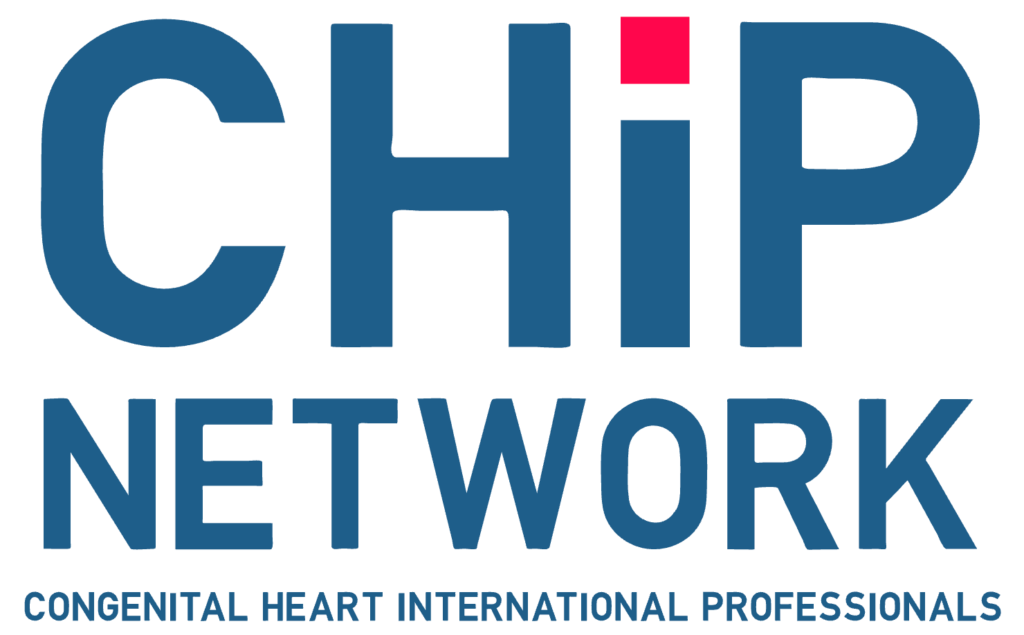
Heart University
Heart University aims to be “the go-to online resource” for e-learning in CHD and paediatric-acquired heart disease. It is a carefully curated open access library of educational material for all providers of care to children and adults with CHD or children with acquired heart disease, whether a trainee or a practicing provider. The site provides free content to a global audience in two broad domains: 1. A comprehensive curriculum of training modules and associated testing for trainees. 2. A curated library of conference and grand rounds recordings for continuing medical education. Learn more at www.heartuniversity.org/

CardioNerds Adult Congenital Heart Disease Production Team
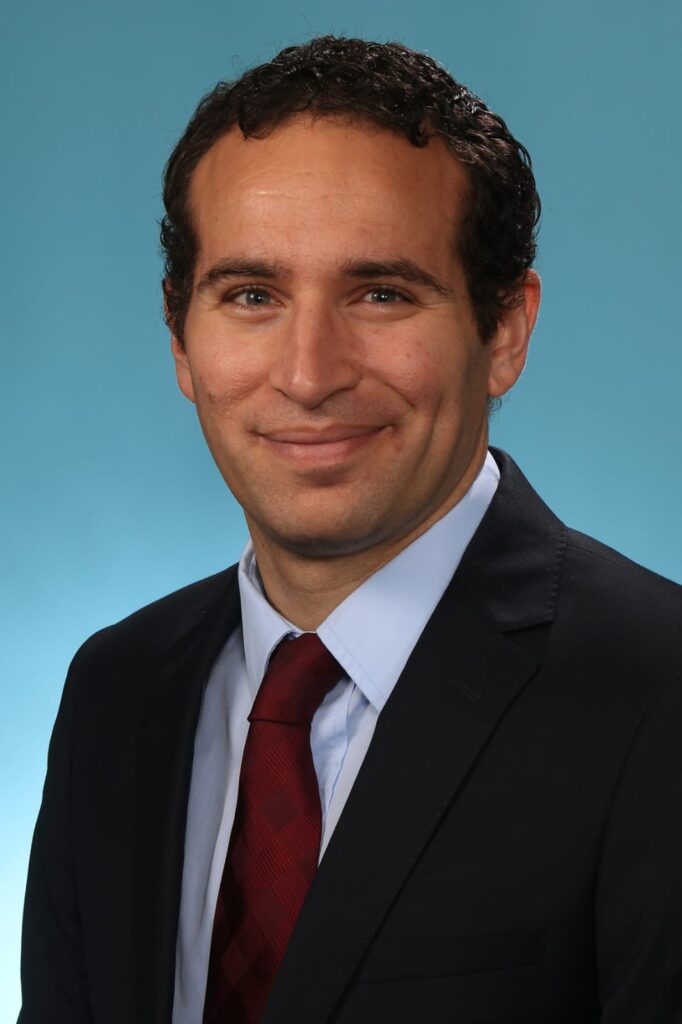
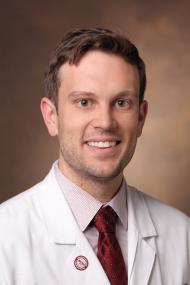

 Amit Goyal, MD
Amit Goyal, MD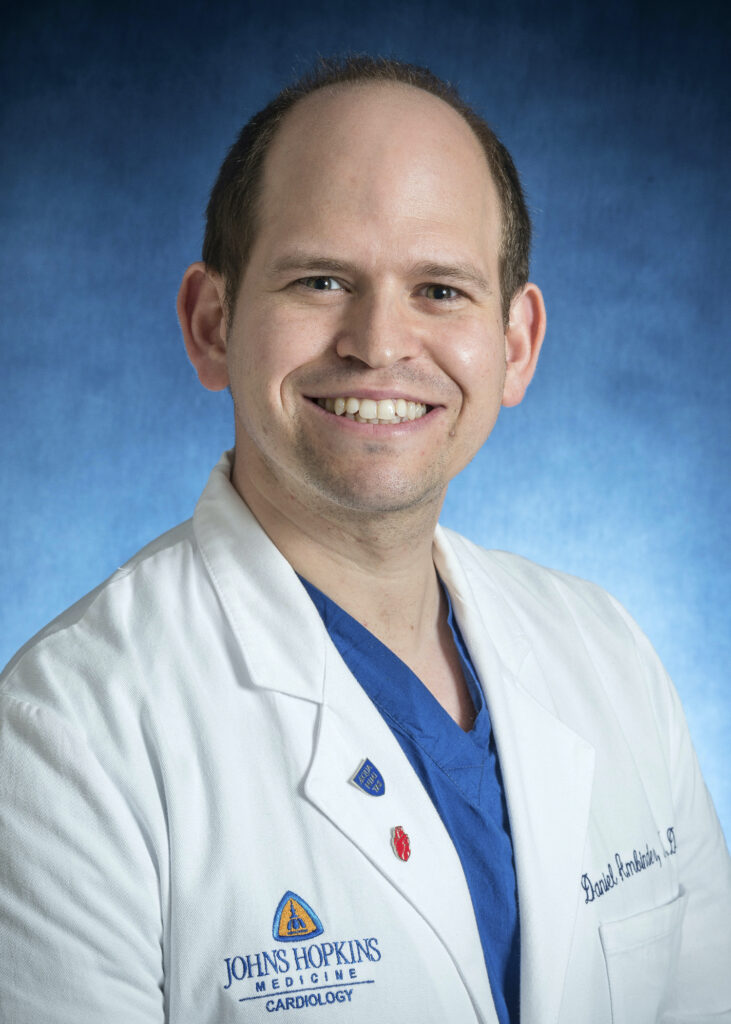 Daniel Ambinder, MD
Daniel Ambinder, MD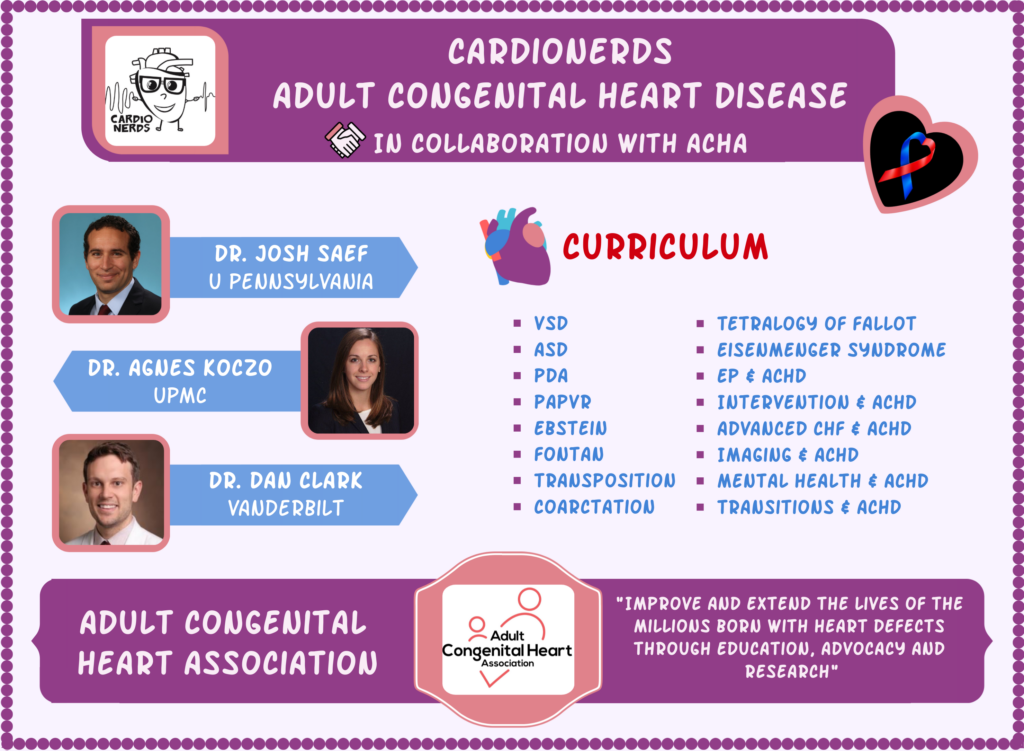






 Visit Podcast Website
Visit Podcast Website RSS Podcast Feed
RSS Podcast Feed Subscribe
Subscribe
 Add to MyCast
Add to MyCast